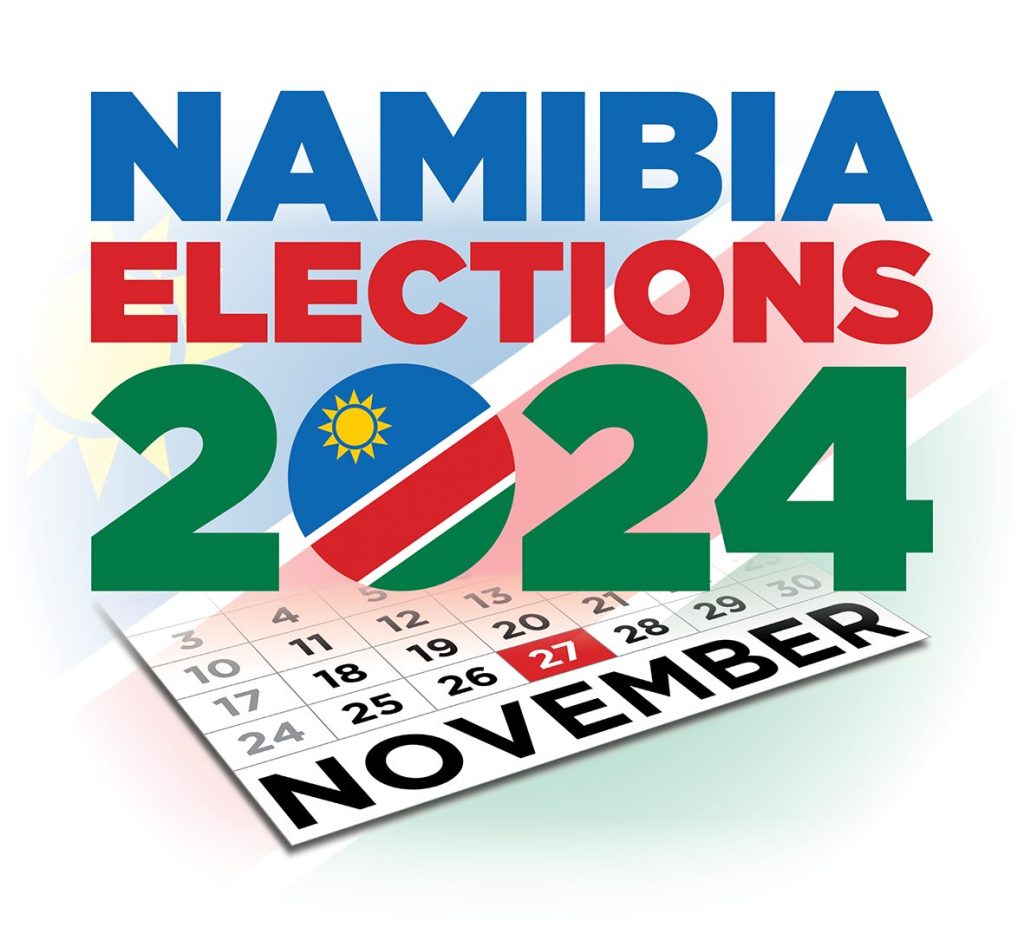IMAGE: Namibia Fact Check / Facebook
The use of AI-generators for political messaging purposes appears to be escalating, especially to create misleading content for social media
The last few months have seen a marked rise in the use of online spaces by Namibia political actors and election authorities to spread their election-related messages as the 27 November 2024 presidential and parliamentary elections draw closer.
While much of the online messaging is about becoming or being visible in social media spaces and promoting campaign-related messaging, there is a darker side to what’s happening on the digital elections information landscape. For it has become evident that some actors are also using AI-generated content to spread disinformation in order to delegitimise opponents.
“Generative AI tools make it easier, cheaper, and faster for people to produce disinformation and misinformation online.”
– AccessNow, 4 July 2024
Over the last few months Namibian social media spaces have been infiltrated by deceptive AI-generated content aimed at influencing the elections. These efforts make use of AI-generated or compiled images, video and audio clips to spread falsehoods about political candidates and parties vying for support in the upcoming elections.
Following are some examples of this type of deceptive election-related content that have made an appearance in Namibian social media spaces:
The above AI-generated video clip encouraging people to vote for the Namibian ruling party started circulating in May 2024 and provides misleading information about, among others, the state of social grants and electricity supply across the African continent.
The above video also started circulating online and in messaging groups in May 2024 and basically encourages people to not vote for Panduleni Itula and the Independent Patriots for Change (IPC), implying that Itula was both an apartheid regime and British agent.
While these examples are ‘cheap fakes’ or crude AI-generated audio-visuals, they do indicate that there are Namibian actors experimenting with AI tools to produce deceptive content for political purposes. The concern is that the more they experiment, the better they will become.
Messaging concerns
Concerns around AI-generated political messaging were heightened around the recent Indian and South African elections.
In India, AI-driven political messaging was widely used by political actors raising the threat of deceptive AI-generated content having had a major impact on voter sentiment and decision-making.
The issue of the impact of AI-driven messaging on elections worldwide has led to technology companies coming together to issue the AI Elections Accord to combat deceptive use of AI in 2024 elections.
For more on the threat of AI-generated election mis- and disinformation read this AccessNow article.
To identify AI-generated images and video, read this Africa Check guide on spotting AI-generated images and videos.
For the previous Namibia Fact Check article on AI-generated election-related content, see the following:
This article forms part of Namibia Fact Check’s #NamibiaElections2024 coverage.


